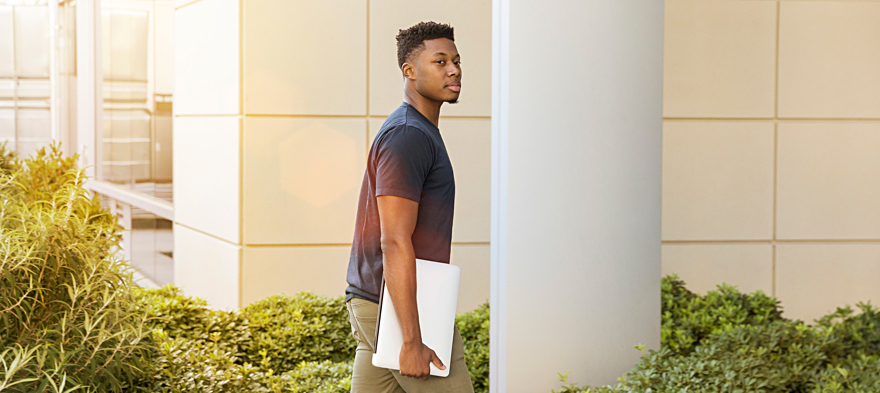
Jun 5, 2019 12:00:00 AM
“I didn’t come here to teach those kinds of kids.”
It’s alarming to think that adults charged with helping students of color succeed in school would hold such thoughts, much less say it aloud. But the fact is that many of us as educators have heard this and worse from some of our colleagues.
This comment surfaced during a recent training titled “Undoing Racism,” where we discussed the increasing diversity of suburban districts around Indianapolis, where I live.
But as harmful as that kind of statement is, very few teachers are brazen enough to express their racist thoughts out loud. If teachers express bias at all, particularly White teachers, they do so silently or even unconsciously—implicitly. But that doesn’t mean it is any less harmful to the students we serve.
I used to teach at an urban charter school. Fortunately, every single person there actively chose to serve a predominantly minority population. And we all believed in our students’ ability, or at least we said we did. Nonetheless, most of us were White, especially the school’s leaders.
If we’re ever going to change outcomes for students of color, White educators need to start taking a stand and breaking down the biases we were raised with.
It’s easy to be enraged by instances of overt racism, but it’s a lot harder to examine yourself and help other educators examine themselves for how implicit bias might still be ruling the interactions we have with students. In order to effectively teach students of color and help them achieve, White teachers have a lot that needs to be unlearned.
[pullquote]Nowhere in my teacher training did we talk about the dangers of implicit bias, despite all the discussions of race, equity, diversity and inclusion.[/pullquote] That conversation came almost two years into my stint as a teacher. By then, who knows how much damage I might have done, however unconscious it was.
New York City is finding out the hard way how entrenched White supremacy remains and how fragile White people seem to be when confronted with our societal failings. After New York implemented racial bias training and tried to fast-track it, some White educators got upset and reportedly felt uncomfortable—which the right-wing media quickly seized on and tried to derail the whole thing.
Others felt it didn’t go far enough, and many educators see the value of supporting teachers in confronting their own bias. Regardless, it should concern every one of us that the discomfort of White adults should ever take priority over the lives and learning of Black and Brown students.
Unfortunately, that is too often the case.
We may say all the right things and act like the most woke White educators this side of the Appalachians, but until White educators are forced to confront their biases, implicit and otherwise, the belief gap—and the achievement gap—will continue.
And let me be clear: the burden of this work must fall on the shoulders of White educators. We must demand better from ourselves.
Michael Prihoda is a former middle school English teacher who now works in communications and development for The Mind Trust, an Indianapolis-based education nonprofit. He holds a Bachelor of Science in Professional Writing from Taylor University and a Master of Arts in Teaching from Marian University.
The story you tell yourself about your own math ability tends to become true. This isn’t some Oprah aphorism about attracting what you want from the universe. Well, I guess it kind of is, but...
If you have a child with disabilities, you’re not alone: According to the latest data, over 7 million American schoolchildren — 14% of all students ages 3-21 — are classified as eligible for special...
The fight for educational equity has never been just about schools. The real North Star for this work is providing opportunities for each child to thrive into adulthood. This means that our advocacy...
Your donations support the voices who challenge decision makers to provide the learning opportunities all children need to thrive.
Ed Post is the flagship website platform of brightbeam, a 501(c3) network of education activists and influencers demanding a better education and a brighter future for every child.
© 2020–2024 brightbeam. All rights reserved.
Leave a Comment